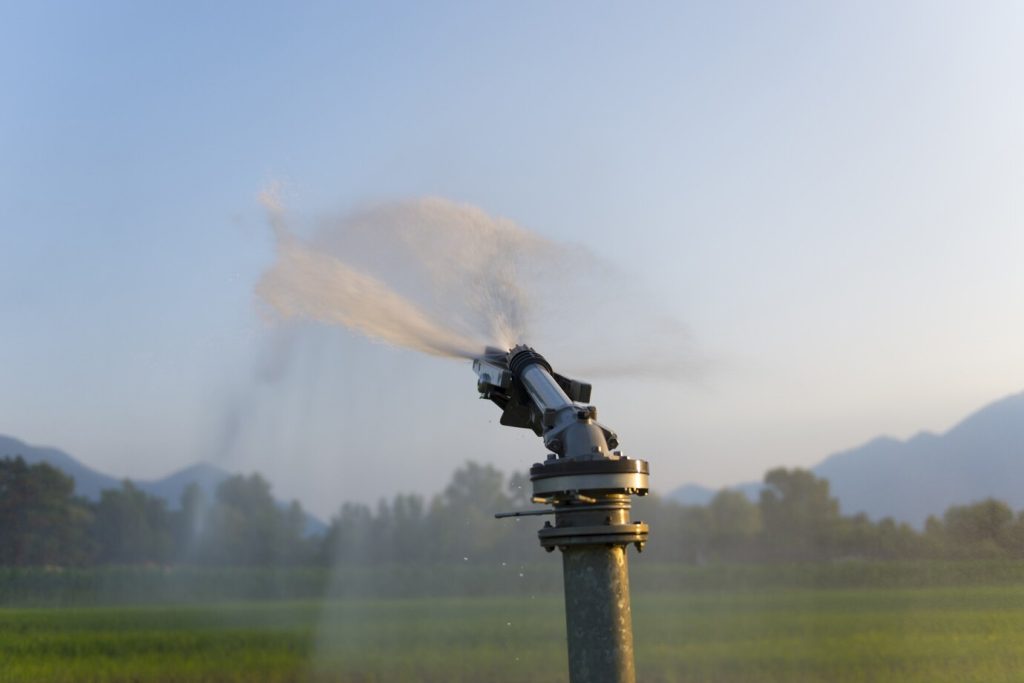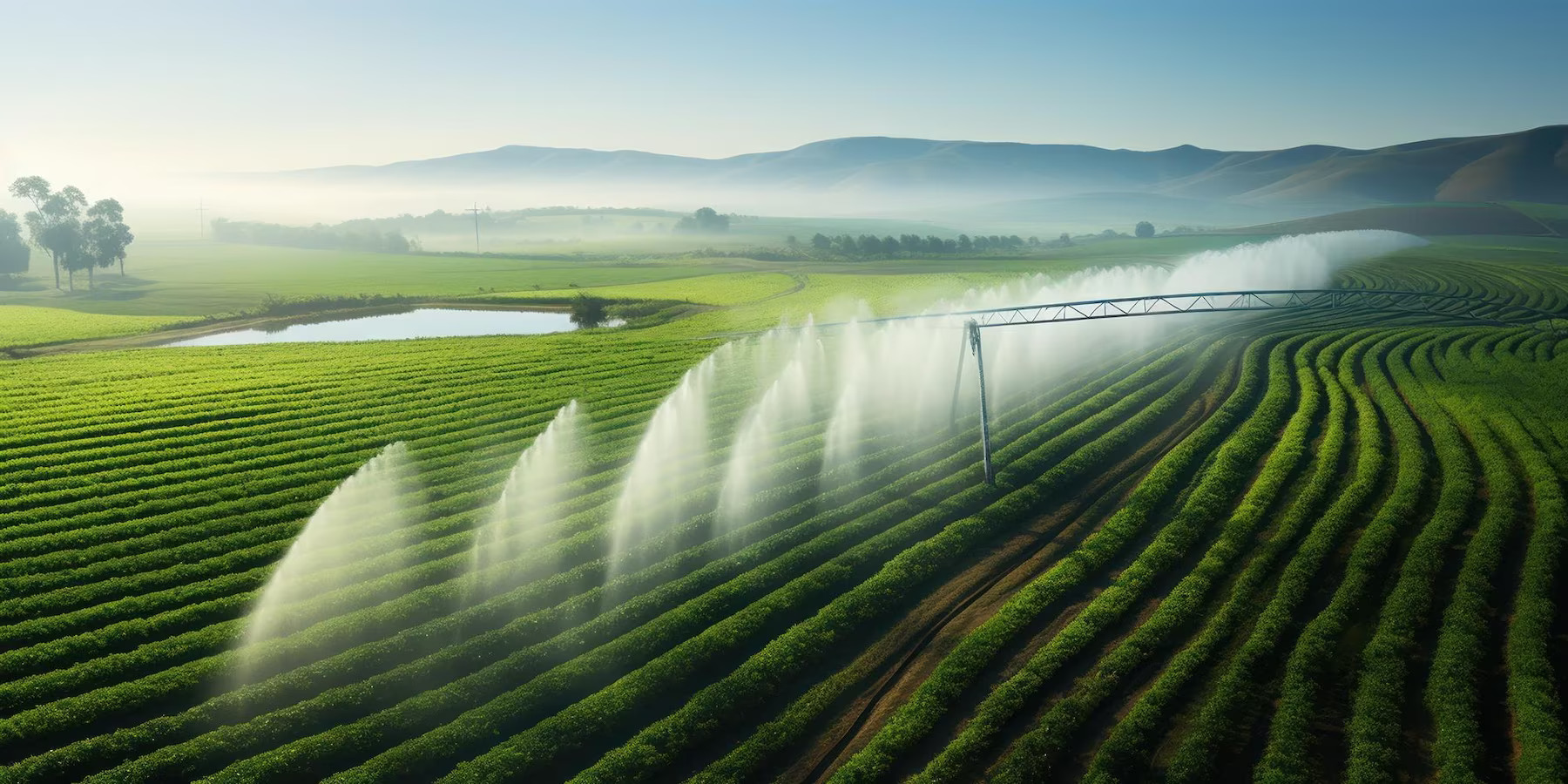Introduction
Agriculture is the backbone of our food system, providing nourishment for billions of people worldwide. However, agriculture is also one of the largest consumers of freshwater, accounting for a significant portion of global water usage. In this blog, we’ll explore the intricacies of agricultural water consumption, discuss the challenges it poses, and examine strategies for promoting sustainable water use in farming practices.

The Importance of Water in Agriculture
Water is essential for crop production, livestock watering, and irrigation, making it a fundamental resource for agriculture. In many regions, rainfall alone is insufficient to meet agricultural water needs, necessitating the use of irrigation systems to supplement water supplies. As global population and food demand continue to rise, the pressure on water resources for agriculture intensifies, highlighting the need for sustainable water management practices.
Challenges of Agricultural Water Consumption
Several challenges contribute to the unsustainable nature of agricultural water consumption:
- Water scarcity: In arid and semi-arid regions, water scarcity poses a significant challenge to agricultural productivity. Limited access to freshwater resources and competing demands from other sectors exacerbate water stress for farmers.
- Irrigation inefficiency: Traditional irrigation methods, such as flood irrigation, can be inefficient and wasteful, leading to water loss through evaporation, runoff, and percolation. Improving irrigation efficiency is crucial for minimizing water waste and optimizing water use in agriculture.
- Groundwater depletion: Overreliance on groundwater for irrigation can lead to groundwater depletion, lowering water tables and diminishing water availability for future generations. Sustainable groundwater management is essential to ensure long-term water security for agricultural communities.
- Environmental impact: Agricultural runoff containing fertilizers, pesticides, and sediment can pollute water bodies, degrade water quality, and harm aquatic ecosystems. Balancing agricultural productivity with environmental conservation is critical for preserving biodiversity and ecosystem services.
Strategies for Sustainable Water Management in Agriculture
Promoting sustainable water management in agriculture requires a combination of technological innovation, policy support, and farmer education. Here are some key strategies to consider:
- Precision irrigation techniques: Adopt precision irrigation technologies, such as drip irrigation and micro-sprinklers, to deliver water directly to the root zone of crops, minimizing water waste and maximizing efficiency.
- Soil moisture monitoring: Use soil moisture sensors and remote sensing technologies to monitor soil moisture levels and optimize irrigation scheduling. This allows farmers to apply water only when and where it’s needed, reducing water usage and improving crop yields.
- Water-saving practices: Implement water-saving practices such as mulching, cover cropping, and rainwater harvesting to conserve soil moisture, reduce evaporation, and minimize runoff.
- Crop selection and rotation: Choose drought-tolerant crop varieties and practice crop rotation to improve soil health, reduce water demand, and enhance resilience to water stress.
- Policy incentives and support: Implement policies that incentivize water-efficient farming practices, such as subsidies for water-saving technologies, financial assistance for water infrastructure upgrades, and incentives for water conservation.
Conclusion
Agricultural water consumption is a complex issue with far-reaching implications for food security, environmental sustainability, and economic development. By embracing sustainable water management practices, farmers can enhance crop yields, conserve water resources, and mitigate the environmental impact of agriculture. Through collaborative efforts involving policymakers, researchers, farmers, and communities, we can work towards a future where agriculture thrives in harmony with the environment, ensuring food security for generations to come.
